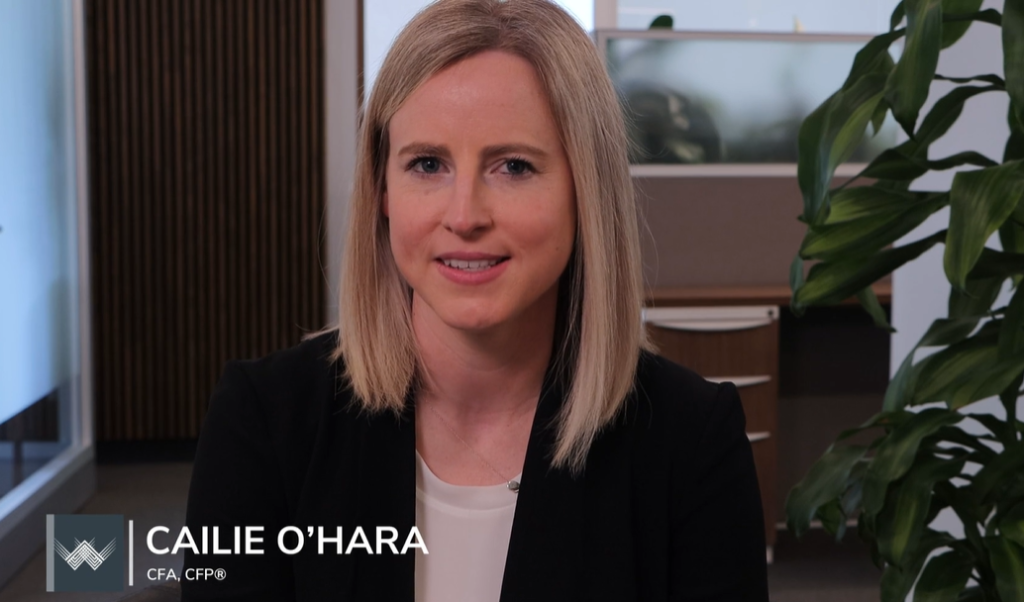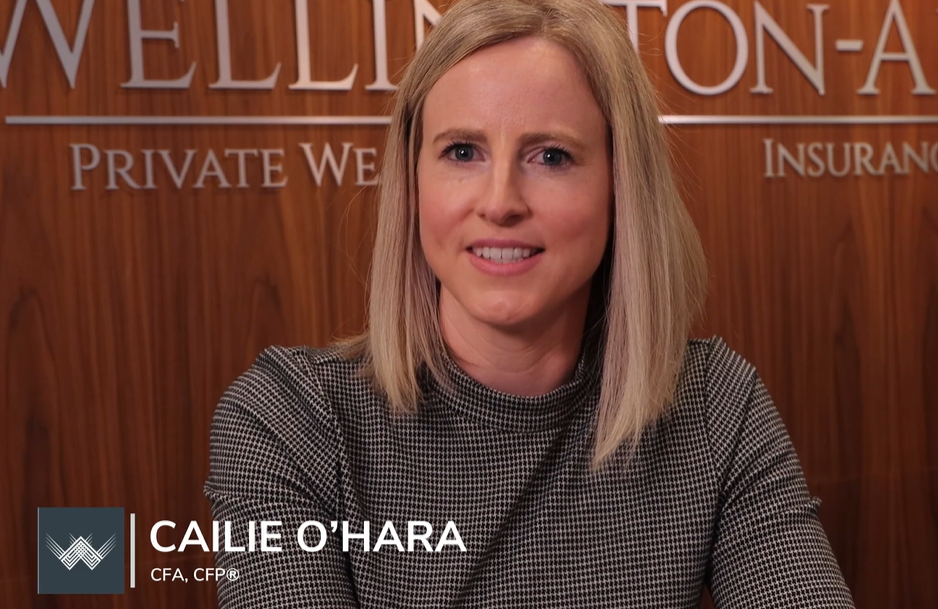Increasing Capital Gains Inclusion Rate: Planning for the Cottage or Cabin

Welcome to the summer – and the return of cottage and cabin season! While many of us are eager for some rest and relaxation, cottage and cabin owners may face new concerns due to increases to the capital gains inclusion rate. Looking ahead to when property is eventually transferred or sold, owners are likely to […]
Video: Timing Your CPP Benefits – To Defer, or Not to Defer

To Defer or Not to Defer: Realizing Capital Gains

The proposed* increases to the capital gains inclusion rate have prompted some investors to ask the tax-planning question: To defer, or not to defer? Tax deferral is commonly viewed as a way for investors to create greater future returns, since funds that might otherwise go to paying tax can remain invested for longer-term growth. Yet, […]
Thinking Beyond Retirement: A Higher Purpose

It has been said that “if you are what you do, when you don’t…you aren’t.” As you think ahead, have you contemplated a plan for what you will do in retirement? Many of us plan by working hard, saving consistently and investing for the future to ensure a financially secure retirement. As stewards of […]
Video: Behavioural Finance – Understanding Hidden Biases

Reminders for Tax Season

It is personal income tax season once again. Given increasing interest rates, don’t overlook the importance of filing your taxes and paying balances and instalments on time, as interest assessed on insufficient payments can be significant. Tax Filing Deadlines – The general deadline to file your 2023 personal income tax and benefit return is […]
Spring Cleaning Finances: Five Questions to Ask

Now that spring has sprung many of us are in spring cleaning mode, perhaps you are looking for a bit of motivation when it comes to your finances. Here are five wealth planning questions that may be answered by simple “rules of thumb.” These may spark meaningful discussions about wealth management, budgeting, or family and […]
No Drama: Plan for a Smooth Family Business Succession

Succession planning is vital to ensuring the orderly transition of a family business from one generation to the next. Yet family business owners tend to avoid this complex and emotional exercise for many reasons: their identity is too closely tied to the business, they are too busy with day-to-day operations, or they worry that the […]
Video: The Contribution Conundrum – RRSPs vs TFSAs

Estate Planning: Getting the Details Right

The Importance of Planning When it comes to estate planning, co-ordination of documents and details such as beneficiary designations matter. A lack of planning and out of date or incomplete documentation can result in additional costs, delays and taxes for your estate, or a loss of control over certain aspects, such as the guardianship of […]
